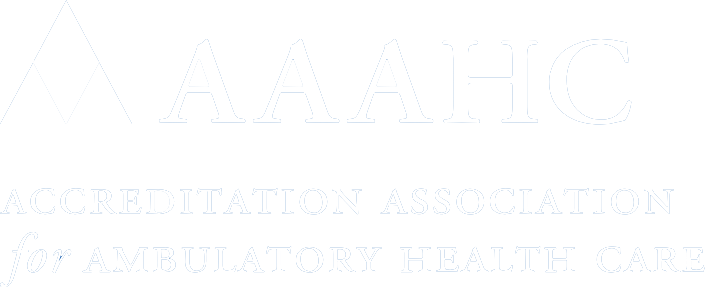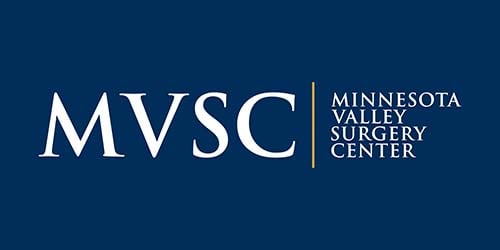Helpful Articles For Your Health
Can Lower Back Pain Return After Spinal Surgery? 3 Lifestyle Changes To Get The Most Out Of Fusion
Spinal surgery is an excellent solution for lower back pain, but symptoms can return. With lifestyle changes, patients can get the most out of fusion.
A New Lease On Life: Exploring How Robotic Total Joint Replacement Can Get You Active Again
Robotic total joint replacement uses a robotic arm to replace the joint. This innovative approach allows a quick return to activities.
Restoring Dexterity: How Outpatient Carpal Tunnel Surgery Can Change Your Life
After months of wrist and hand pain, carpal tunnel surgery may be needed. With outpatient options, restored dexterity with less pain and discomfort is possible.
Reclaiming Your Reach: Will Rotator Cuff Surgery Improve My Mobility?
Rotator cuff tears can severely limit shoulder mobility. Surgery can relieve pain and improve mobility, allowing patients better reach.
Do You Need Clavicle Fracture Repair? Surgery vs Immobilization For A Collarbone Injury
A fractured collarbone is painful and limits movement. A doctor can help determine if surgery or immobilization is the best choice.
Managing Arthritis: Try These Treatment Options Before Total Hip Replacement
There are many options for hip arthritis before surgery. These options include physical activity, lifestyle modifications, and medications.









